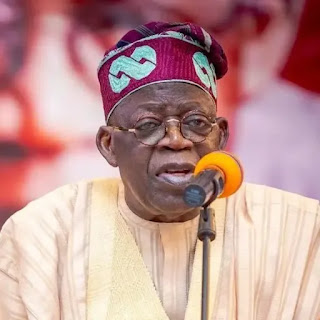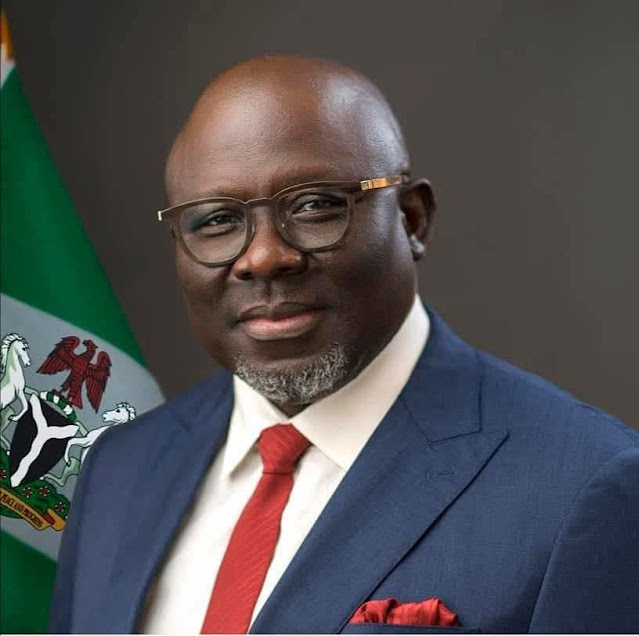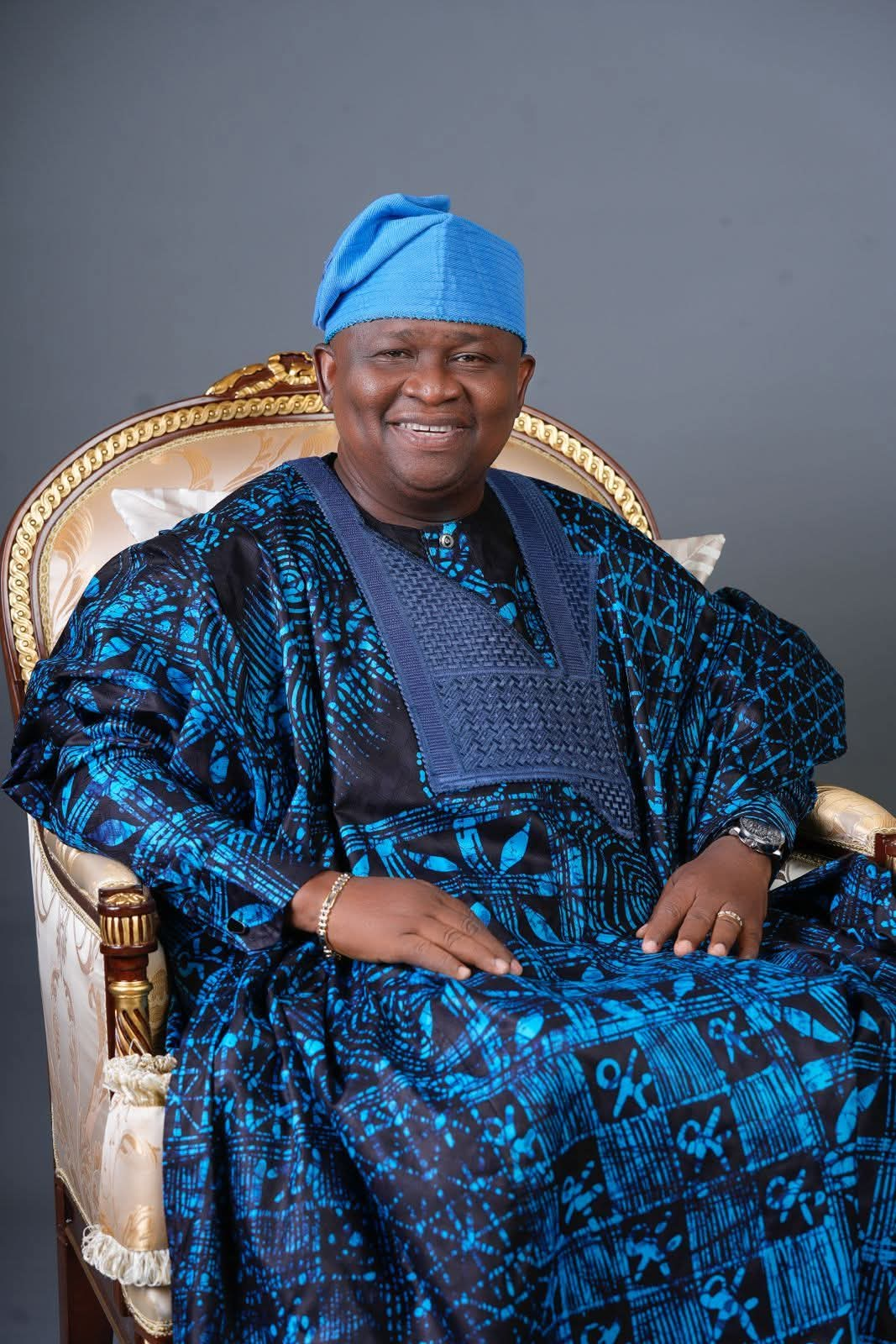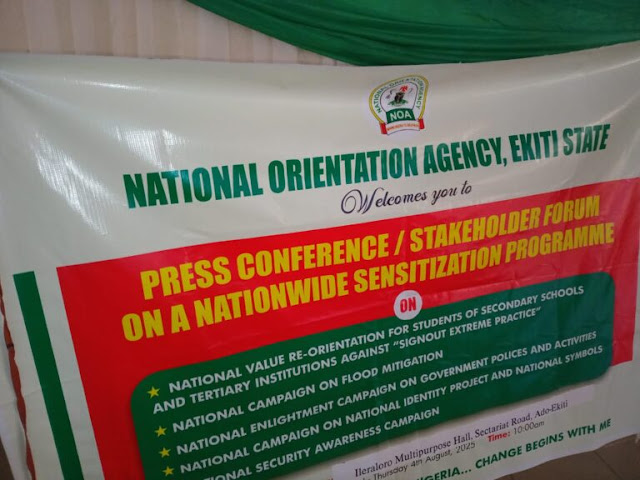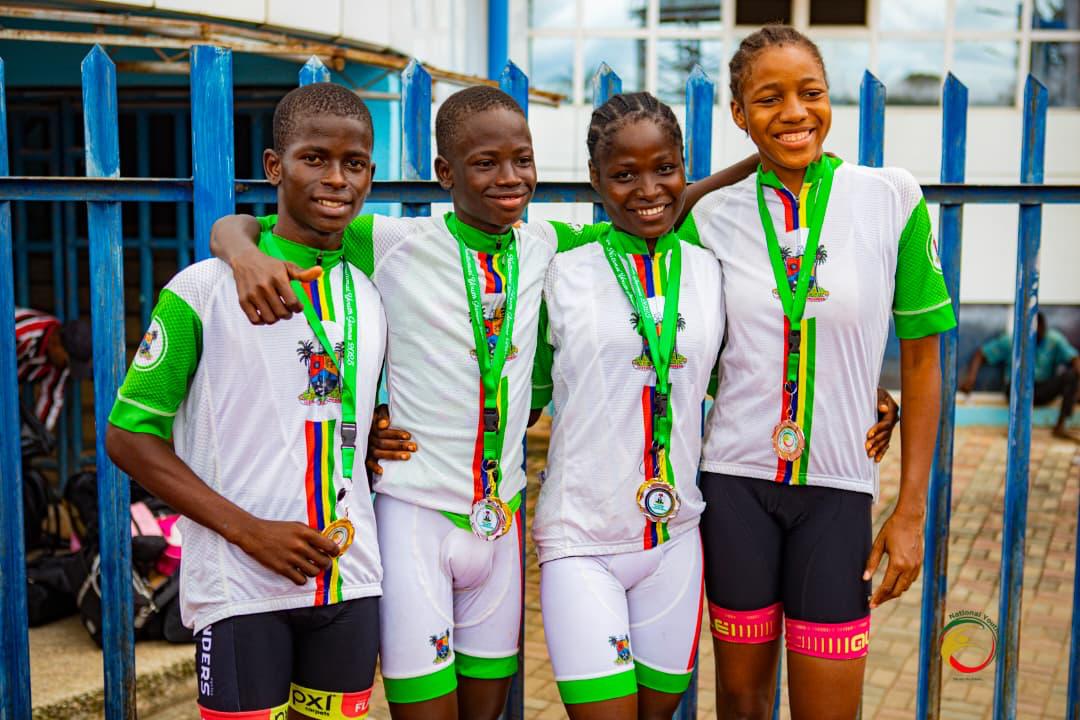Abuja, Nigeria – In a move that has sparked widespread debate, the Federal Government of Nigeria has announced plans to secure a fresh $1.75 billion loan from the World Bank, even as it touts significant revenue growth in recent fiscal reports. The decision, revealed in early September 2025, comes at a time when the nation is grappling with economic challenges, including high inflation, a depreciating currency, and mounting public debt. The proposed loan has raised questions about the government’s fiscal strategy, its reliance on external borrowing, and the sustainability of Nigeria’s economic policies in the face of competing narratives about the country’s financial health.
Background: Nigeria’s Economic Landscape
Nigeria, Africa’s most populous nation and largest economy, has faced persistent economic headwinds over the past decade. Despite its vast natural resources, particularly oil, which accounts for a significant portion of government revenue and foreign exchange earnings, the country has struggled to translate its wealth into sustainable development. Structural issues such as inadequate infrastructure, widespread poverty, and governance challenges have hindered economic progress. Additionally, external factors like fluctuating global oil prices and geopolitical tensions have exacerbated Nigeria’s fiscal vulnerabilities.
In recent years, the administration of President Bola Ahmed Tinubu has emphasized economic reforms aimed at diversifying the economy, boosting local production, and improving revenue generation. Key among these reforms is the removal of fuel subsidies, a policy that has freed up significant funds for the government but has also led to increased living costs for ordinary Nigerians. The government has also implemented measures to strengthen tax collection and expand non-oil revenue sources, with officials frequently citing these efforts as evidence of fiscal progress.
Against this backdrop, the announcement of a new loan request from the World Bank has caught the attention of analysts, policymakers, and citizens alike. The juxtaposition of reported revenue growth with the pursuit of additional borrowing has fueled speculation about the true state of Nigeria’s finances and the government’s long-term economic vision.
Details of the Proposed Loan
According to sources within the Federal Ministry of Finance, the $1.75 billion loan is intended to finance critical development projects across various sectors, including infrastructure, healthcare, and education. The funds are expected to be channeled through the World Bank’s International Development Association (IDA), which provides concessional loans and grants to low-income countries. These loans typically come with low interest rates and extended repayment periods, making them attractive for governments seeking to address developmental needs without immediate fiscal strain.
The loan proposal is part of Nigeria’s broader engagement with multilateral institutions, which have played a significant role in financing the country’s development agenda. The World Bank has been a key partner, supporting initiatives such as power sector reforms, agricultural development, and social safety nets. The new loan, if approved, would add to Nigeria’s existing debt obligations to the institution, which stood at approximately $15 billion as of mid-2025, according to data from the Debt Management Office (DMO).
Government officials have defended the loan request, arguing that it is necessary to bridge funding gaps for critical projects that cannot be fully covered by domestic revenue. In a statement issued by the Ministry of Finance, the government emphasized that the loan would be used to support “high-impact projects” aimed at improving living standards, creating jobs, and fostering sustainable economic growth. Specific projects mentioned include the rehabilitation of major highways, the expansion of rural electrification programs, and investments in healthcare infrastructure to address Nigeria’s high maternal and child mortality rates.
Revenue Growth Claims: A Closer Look
The announcement of the loan request comes on the heels of optimistic statements from the Federal Government regarding improvements in revenue generation. In recent months, officials have pointed to a significant increase in non-oil revenue, driven by enhanced tax collection and the digitization of revenue systems. The Nigeria Customs Service (NCS) and the Federal Inland Revenue Service (FIRS) have reported record-high collections, attributed to reforms such as the introduction of electronic tax platforms and stricter enforcement measures.
For instance, the FIRS reported a 30% increase in tax revenue for the first half of 2025 compared to the same period in the previous year. Similarly, the NCS cited higher import duties and improved monitoring of trade activities as key drivers of its revenue performance. The government has also highlighted the positive impact of its foreign exchange reforms, which have unified multiple exchange rates and boosted remittances from the diaspora.
These achievements have been touted as evidence of Nigeria’s growing fiscal resilience. In a recent address, the Minister of Finance and Coordinating Minister of the Economy, Wale Edun, stated that the government’s revenue-to-GDP ratio had improved, signaling a stronger capacity to fund its budgetary commitments without relying heavily on borrowing. “We are making significant strides in mobilizing domestic resources,” Edun said. “Our reforms are yielding results, and we are committed to sustaining this momentum.”
However, the decision to seek a new $1.75 billion loan has cast doubt on the government’s claims of fiscal self-sufficiency. Critics argue that if revenue growth is as robust as claimed, the need for additional borrowing should be minimal. The apparent contradiction has sparked a broader debate about the transparency and consistency of the government’s economic messaging.
The Debt Debate: Sustainability and Public Concerns
Nigeria’s public debt has been a contentious issue in recent years. As of June 2025, the country’s total debt stock was estimated at $110 billion, comprising both domestic and external obligations. The external debt component, which includes loans from multilateral institutions like the World Bank and the International Monetary Fund (IMF), as well as bilateral creditors such as China, has grown steadily, raising concerns about debt sustainability.
The Debt Management Office has maintained that Nigeria’s debt-to-GDP ratio, which stands at approximately 50%, remains within acceptable limits for a developing economy. The DMO has also emphasized that most of Nigeria’s external loans are concessional, with favorable terms that mitigate the risk of default. However, critics argue that the country’s debt service burden is a growing concern, particularly given the volatility of oil prices and the depreciation of the naira, which increases the cost of servicing foreign currency-denominated loans.
Public sentiment regarding the new loan request is mixed. While some Nigerians acknowledge the need for external financing to address infrastructure deficits and social challenges, others view the government’s borrowing spree as a sign of mismanagement. Social media platforms, particularly X, have been abuzz with reactions, with many users questioning why a government that claims to be generating more revenue is still seeking loans.
“Revenue is growing, but we’re borrowing more. Something doesn’t add up,” wrote one X user, echoing a sentiment shared by many. Others have expressed frustration over the lack of tangible results from previous loans, pointing to stalled projects and allegations of corruption as evidence of poor resource management.
Economic Context: Balancing Growth and Stability
To fully understand the government’s decision to pursue the $1.75 billion loan, it is essential to consider the broader economic context. Nigeria’s economy grew by 3.2% in 2024, according to the National Bureau of Statistics (NBS), driven by improvements in the services and agricultural sectors. However, this growth has not translated into significant improvements in living standards for the majority of Nigerians, with over 40% of the population living below the international poverty line.
Inflation remains a major challenge, with the Consumer Price Index (CPI) reaching 34.2% in July 2025, driven by high food and energy prices. The removal of fuel subsidies and the floating of the naira have contributed to inflationary pressures, squeezing household budgets and eroding purchasing power. The Central Bank of Nigeria (CBN) has responded by raising interest rates, but these measures have had limited success in curbing inflation, while also increasing borrowing costs for businesses.
In this environment, the government faces the delicate task of balancing the need for economic growth with the imperative of maintaining fiscal stability. Investments in infrastructure and social services are critical for long-term development, but they require significant funding, much of which cannot be met through domestic revenue alone. The World Bank loan, therefore, represents a strategic choice to leverage external resources to address immediate needs while preserving fiscal space for other priorities.
The Role of the World Bank in Nigeria’s Development
The World Bank has been a key partner in Nigeria’s development journey, providing financial and technical assistance for a wide range of projects. Over the years, the institution has supported initiatives such as the National Social Safety Net Program, which provides cash transfers to vulnerable households, and the Power Sector Recovery Program, aimed at improving electricity access. These projects have had varying degrees of success, with some delivering measurable outcomes and others facing challenges related to implementation and accountability.
The proposed $1.75 billion loan is expected to build on these efforts, with a focus on projects that align with Nigeria’s National Development Plan (2021-2025). The plan prioritizes infrastructure development, human capital investment, and economic diversification as key pillars of growth. By securing concessional financing from the World Bank, the government hopes to accelerate progress in these areas without placing undue strain on its fiscal resources.
However, the reliance on multilateral loans comes with its own set of challenges. World Bank loans often come with policy conditions, such as requirements for economic reforms or governance improvements. While these conditions are intended to ensure the effective use of funds, they can sometimes lead to tensions with recipient governments, particularly when they involve politically sensitive measures. In Nigeria’s case, previous World Bank loans have been tied to reforms such as subsidy removal and public sector restructuring, which have sparked public backlash.
Political and Social Implications
The decision to seek a new loan has significant political and social implications, particularly as Nigeria approaches the 2027 general elections. The Tinubu administration has faced criticism for its handling of the economy, with many Nigerians expressing frustration over rising costs and stagnant wages. The loan announcement risks further eroding public trust, especially if the government fails to demonstrate tangible results from the borrowed funds.
Opposition parties have seized on the issue, accusing the government of mortgaging Nigeria’s future to foreign creditors. In a statement, the People’s Democratic Party (PDP) described the loan as “a reckless move that will burden future generations.” The PDP called for greater transparency in the management of borrowed funds and urged the government to prioritize domestic resource mobilization over external borrowing.
Civil society organizations have also weighed in, demanding accountability in the use of the loan. Groups like the Socio-Economic Rights and Accountability Project (SERAP) have called for an independent audit of Nigeria’s debt portfolio and the establishment of mechanisms to ensure that loan-funded projects deliver value for money. “Nigerians deserve to know how these loans are being spent and whether they are delivering the promised benefits,” said Kolawole Oluwadare, SERAP’s deputy director.
The Path Forward: Challenges and Opportunities
As Nigeria navigates the complexities of its economic challenges, the proposed $1.75 billion loan represents both an opportunity and a risk. On one hand, the funds could provide much-needed resources to address critical developmental needs, from improving infrastructure to enhancing healthcare and education systems. On the other hand, the loan adds to Nigeria’s debt burden, raising questions about long-term sustainability and the government’s ability to manage borrowed funds effectively.
To maximize the benefits of the loan, the government must prioritize transparency and accountability in its implementation. This includes ensuring that funds are allocated to projects with clear timelines, measurable outcomes, and robust monitoring mechanisms. Engaging local communities and stakeholders in the planning and execution of projects can also help build public trust and ensure that investments are aligned with the needs of ordinary Nigerians.
Furthermore, the government must continue to strengthen its domestic revenue base to reduce reliance on borrowing. While recent gains in tax collection are encouraging, more needs to be done to expand the tax net, curb illicit financial flows, and improve the efficiency of public spending. Investments in sectors like agriculture, manufacturing, and technology could also help diversify the economy, reducing Nigeria’s vulnerability to external shocks.
Conclusion
The Federal Government’s decision to seek a $1.75 billion loan from the World Bank underscores the complex challenges facing Nigeria’s economy. While the government celebrates improvements in revenue generation, the pursuit of additional borrowing highlights the persistent funding gaps that hinder the country’s development aspirations. As Nigeria moves forward with its loan request, the focus must be on ensuring that borrowed funds are used effectively to deliver tangible benefits for its citizens.
The debate over the loan reflects broader questions about Nigeria’s economic strategy and the balance between short-term financing needs and long-term fiscal sustainability. With careful planning, transparent governance, and a commitment to inclusive growth, Nigeria can leverage external financing to build a more prosperous future. However, failure to address public concerns and demonstrate results could deepen skepticism and undermine confidence in the government’s economic agenda.
As the nation awaits further details on the loan and its intended use, one thing is clear: Nigeria’s path to economic stability and prosperity will require bold reforms, prudent financial management, and a shared commitment to addressing the needs of its people. Only time will tell whether the $1.75 billion loan will be a catalyst for progress or another chapter in the country’s ongoing struggle with debt and development.


